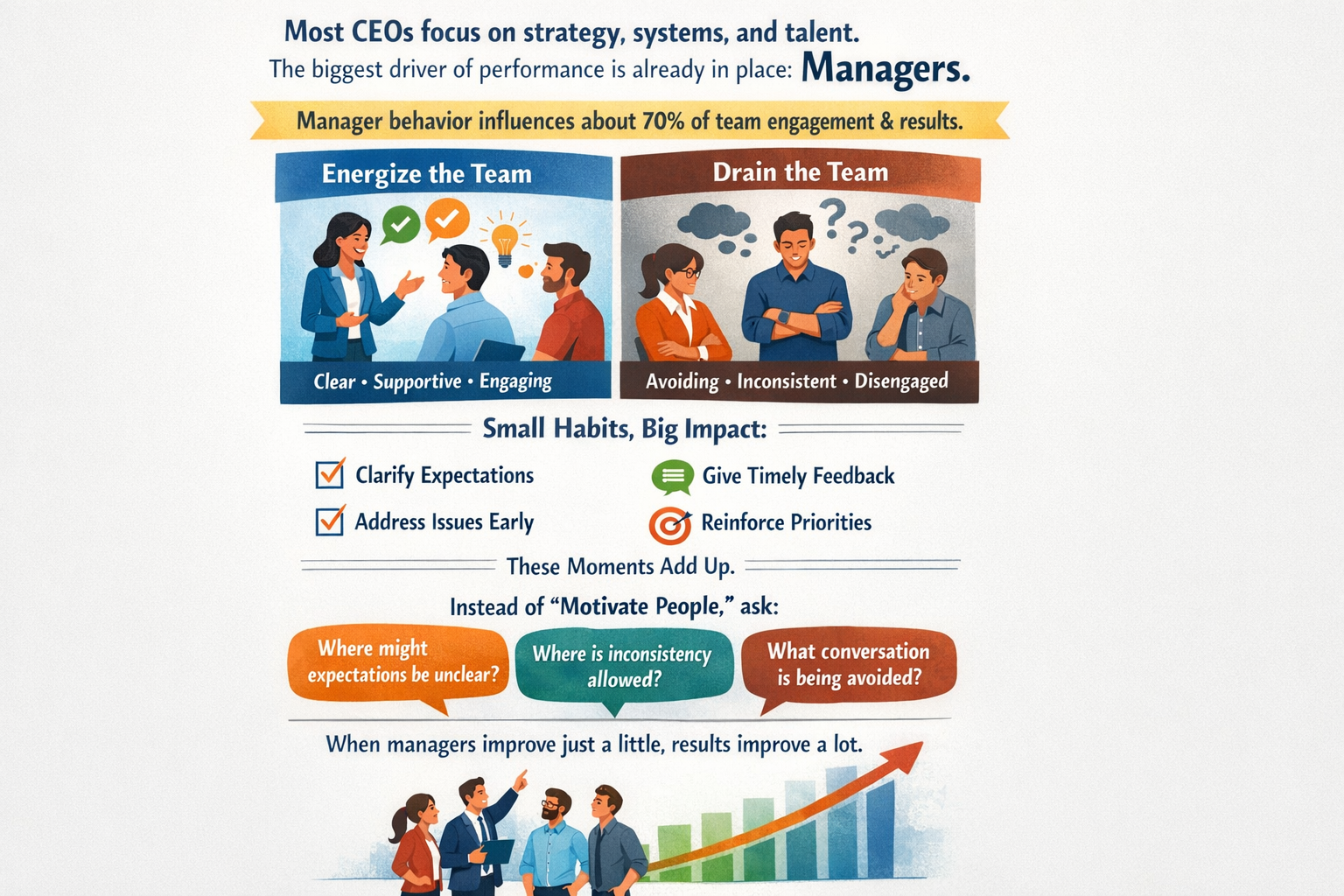The Impact of Compassionate Leaders

When employees feel cared for at work, they talk more positively about their employer.
Gallup, a well-known research company, has studied how compassion helps leaders be more effective. Their research shows that leaders who show compassion have a positive impact on their organization and the well-being of their employees.
Gallup found that compassionate leaders create an environment where employees feel valued and supported. They listen carefully to their team members, give helpful feedback, and offer assistance when needed. This kind of leader builds trust and improves communication.
Compassionate leaders are also good at handling difficult situations and conflicts. They understand and care about their employees' feelings, which makes them feel safe to share their ideas and concerns. This openness leads to more collaboration and problem-solving.
Gallup's research proves that compassion in leadership has real benefits. Companies with compassionate leaders have happier employees, lower turnover, and higher productivity. By being understanding and empathetic, leaders can create a positive work culture where people can grow both personally and professionally.


